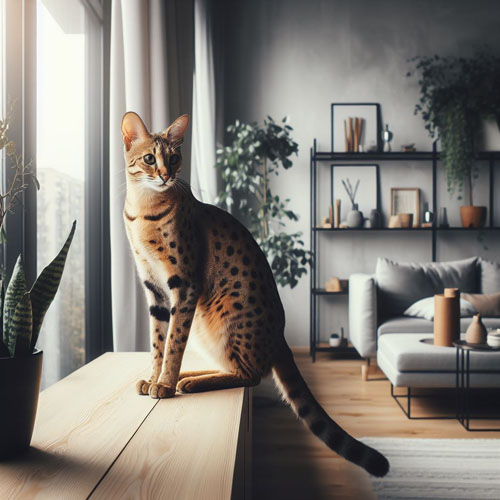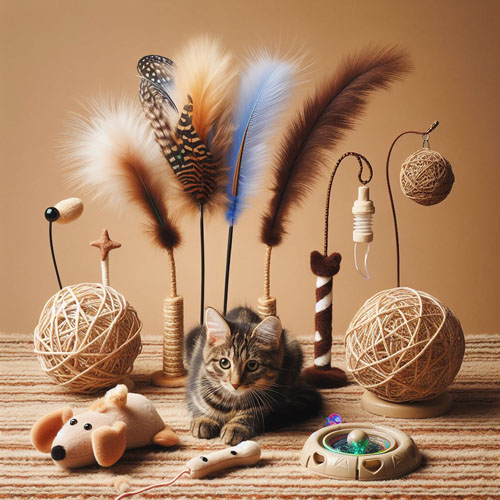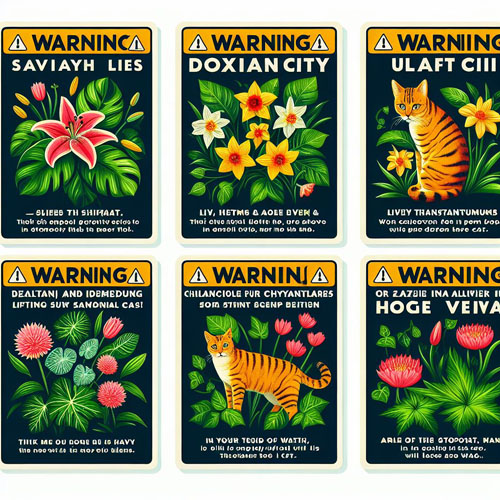Managing Nocturnal Savannah Cat Behavior
Managing Nocturnal Savannah Cat Activity: A Guide to Discouraging Zest Night Crazies
Cats are inherently crepuscular creatures, and exhibit heightened activity during dawn and dusk. Savannah Cats, renowned for their high energy and playful demeanor can bring an extra layer of vigor to their nocturnal escapades, occasionally disrupting the tranquility of nighttime with their exuberant behaviors. However, some cats may display excessive playfulness, vocalization, and exploration during nighttime, commonly referred to as “night crazies.” Recognizing these signs is crucial to addressing and managing their nocturnal behavior.
Nighttime Activity in Savannah Cats: Signs and Behaviors: Nighttime activity in Savannah cats is characterized by heightened signs of energy and playfulness. These spirited felines, known for their high energy levels and inquisitive nature, often exhibit exuberant behaviors during the night. Signs include enthusiastic play, increased vocalization, and a penchant for exploration. Savannah cats may engage in acrobatic leaps, chase imaginary prey, and vocalize their excitement, creating an environment of spirited nocturnal activity. Recognizing these signs is essential for cat owners, as it allows them to understand and appreciate the unique behaviors of Savannah cats during nighttime, enabling effective management and fostering a harmonious living arrangement for both the lively feline and their owner.
Causes of Nocturnal Cat Behavior: The nocturnal behavior of Savannah cats can be attributed to a combination of inherent traits and environmental factors. Savannah cats, known for their high energy levels, may exhibit heightened nocturnal activity due to their innate need for mental and physical stimulation. Their natural curiosity and playfulness contribute to spirited nighttime behaviors, including energetic play sessions and exploratory activities. Additionally, environmental factors such as changes in lighting, household activity, and a lack of daytime engagement can influence their nocturnal tendencies. Understanding these causes is crucial for cat owners, as it allows them to tailor interventions that cater to the unique needs of Savannah cats, redirecting their energy positively and promoting a more balanced and harmonious relationship during nighttime hours.
Signs of Cat Behavior at Night: The signs of nocturnal behavior in Savannah cats are marked by an abundance of spirited activities that reflect their playful and energetic nature. During the night, these felines may showcase exuberant playfulness, engaging in acrobatic leaps, chasing imaginary prey, and vocalizing their enthusiasm. The Savannah cat’s penchant for exploration becomes evident as they navigate their surroundings with curiosity and agility. Their vivid nocturnal behaviors often include interactive play sessions, enthusiastic vocalizations, and a heightened sense of alertness. Recognizing these signs is essential for cat owners, enabling them to appreciate and accommodate the dynamic nighttime behaviors of Savannah cats while implementing strategies to manage and channel their spirited activities positively.
How to Discourage Night Crazies: Discouraging the night crazies in Savannah cats involves a comprehensive approach that embraces their energetic nature. Engaging in interactive play sessions during the day is essential to expend excess energy and fulfill their need for mental stimulation. Providing stimulating toys and creating a calming bedtime routine can help channel their enthusiasm positively. Consistency in feeding schedules and ensuring a comfortable sleep environment contribute to a more peaceful night. Additionally, incorporating activities that mimic the Savannah cat’s natural instincts, such as puzzle feeders and climbing structures, can offer outlets for their boundless energy. Understanding and respecting their spirited tendencies while implementing these strategies allows cat owners to foster a harmonious nighttime routine, striking a balance between the dynamic nature of Savannah cats and a tranquil sleep environment for both feline and owner.
How to Get Your Cat to Sleep at Night: Getting your Savannah cat to sleep peacefully at night involves understanding and catering to their unique needs. As naturally energetic and playful felines, Savannah cats benefit from a well-structured routine that addresses their mental and physical requirements. Creating a stimulating environment during the day through interactive play sessions, engaging toys, and climbing structures helps expend excess energy, preparing them for a restful night’s sleep. Incorporating calming activities before bedtime, such as gentle petting or soothing interactions, signals to the Savannah cat that it’s time to wind down. Providing a cozy sleeping area away from high-traffic zones and dimming lights in the evening further contribute to creating an ideal sleep environment. Consistency is key, allowing the Savannah cat to adapt to a predictable routine that supports a tranquil and restful night, promoting both their well-being and the peaceful sleep of their owners.
Managing Nocturnal Behavior in Cats: Effectively managing the nocturnal behavior of Savannah cats involves a tailored approach that aligns with their spirited nature. Providing ample outlets for their boundless energy is essential, and this can be achieved through interactive toys, climbing structures, and engaging play sessions. These activities not only address their need for physical stimulation but also cater to their inquisitive minds. Regular veterinary check-ups play a vital role in ensuring that any health concerns contributing to hyperactivity are identified and addressed. Creating a cat-friendly sleep environment by minimizing disturbances, reducing noise, and offering cozy sleeping spaces fosters a sense of security and tranquility for Savannah cats. By recognizing the unique traits of these lively felines and implementing strategies that suit their dynamic nature, cat owners can effectively manage and redirect the nocturnal behavior of Savannah cats, promoting a harmonious living arrangement for both the spirited feline and their owner.
Creating a Cat-Friendly Sleep Environment: Crafting a Savannah cat-friendly sleep environment involves thoughtful considerations to cater to their spirited nature. Minimizing disturbances by dimming lights in the evening, reducing noise, and creating a designated and cozy sleeping area away from high-traffic zones contribute to an ideal sleep space for these lively felines. The incorporation of comforting elements such as soft bedding and familiar scents enhances their sense of security. Additionally, providing climbing structures or elevated perches allows Savannah cats to express their natural instincts and find a comfortable vantage point for rest. By tailoring the sleep environment to accommodate the unique traits of Savannah cats, owners can create a sanctuary that encourages tranquility and restful nights, fostering a harmonious relationship between the spirited feline and their human companions.
Conclusion: Understanding and managing nocturnal hyperactivity in Savannah cats is crucial for fostering a harmonious living arrangement. By recognizing signs, addressing potential causes, and implementing practical strategies that align with their spirited nature, owners can create an environment that encourages restful nights. With patience, consistency, and a proactive approach, the nighttime antics of Savannah cats can be redirected, promoting a healthier sleep routine for both the spirited feline and their owner.
Keywords: Nocturnal cat behavior, Night crazies in cats, Cat sleep routine, Managing feline nighttime activity, Discouraging cat night antics, Causes of nocturnal behavior, Cat-friendly sleep environment, Senior cat sleep habits





